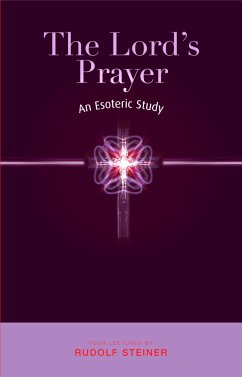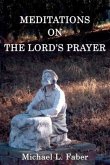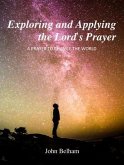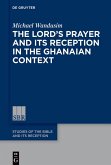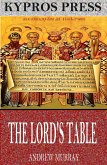The Lord's Prayer stands at the heart of Christianity. Over the past two millennia it has been spoken millions of times by millions of people around the world. Rudolf Steiner affirms the power of this prayer, given by Jesus Christ himself, and encourages us to begin to understand it at deeper levels. Such an understanding, he explains, is now necessary for humanity's further development. In the four lectures he gave on this subject, collected here under one cover, Rudolf Steiner penetrates the esoteric meanings of the Lord's Prayer, relating its seven petitions to the seven spiritual and physical bodies of the human being. He also discusses the difference between prayer and meditation, and shows how true prayer is selfless in nature. This volume features an introduction by Judith von Halle, whose work is valued for her experiential knowledge of the Lord's Prayer and the events of Christ's life.
Dieser Download kann aus rechtlichen Gründen nur mit Rechnungsadresse in A, B, BG, CY, CZ, D, DK, EW, E, FIN, F, GR, H, IRL, I, LT, L, LR, M, NL, PL, P, R, S, SLO, SK ausgeliefert werden.

